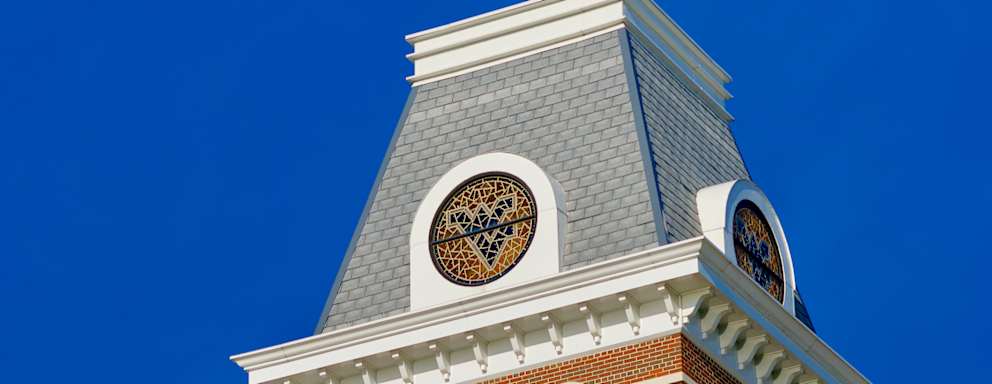West Virginia Drops FAFSA Requirement for State Financial Aid, Declares State of Emergency
 Credit: John M. Chase / Getty Images
Credit: John M. Chase / Getty Images- West Virginians won’t have to submit a FAFSA to qualify for state financial aid.
- Gov. Jim Justice declared a state of emergency to suspend the requirement.
- West Virginia is the only state that has declared a state of emergency over the FAFSA.
- Rollout of the 2024-25 FAFSA has been plagued by issues that have prevented many students from submitting a form.
Students in West Virginia won’t have to submit a FAFSA form to qualify for some state financial aid programs due to a recent executive order.
Gov. Jim Justice, a Republican serving as governor since 2017, declared a state of emergency in late April. The declaration allowed the governor to temporarily suspend the state’s requirement that all students complete a Free Application for Federal Student Aid (FAFSA) form to qualify for state financial aid.
West Virginians enrolled in a public college or university will be able to qualify for the state’s Promise Scholarship and Higher Education Grant programs without a FAFSA, Justice said in a statement.
“I don’t believe any other state in the nation has gone this far,” Justice said, “but I simply cannot and will not stand by as money sits on the table that could be helping our students continue their education.”
The state of emergency comes after many months of FAFSA issues have impacted students’ ability to complete forms. The 2024-25 FAFSA launched three months behind schedule, and the Department of Education (ED) had to further delay the processing of forms due to formula errors, incorrect data, and technical glitches.
Those issues led to downturns in the percentage of students who have filed a FAFSA.
According to the National College Attainment Network (NCAN), FAFSA completions were down 20.5% from the same period the previous year, as of May 3. That dropoff is even more pronounced in West Virginia, which reported that FAFSA completions are down 27.5% from the 2023-24 academic year.
West Virginia ranks fourth-worst among all states in FAFSA completions compared to the year prior.
The effects of this downturn could be drastic.
Nearly 20,000 West Virginia students at public institutions received a Pell Grant last year, totaling more than $90 million, according to Justice’s executive order. Altogether, students from West Virginia relied on nearly $500 million in “funding assistance” last year.
The governor hopes his order may subsidize the loss of funds due to incomplete FAFSAs.
Students may qualify for the Promise Scholarship if they apply by Sept. 1. Students can receive up to $5,500 through this scholarship.
Additionally, the governor said if students completed last year’s FAFSA and qualified for a needs-based Higher Education Grant, they’ll receive an award of up to $3,400 for the fall semester. If they’ve never submitted a FAFSA, they can still apply if they participate in any of the following programs and can show proof through an eligibility letter:
- Supplemental Nutrition Assistance Program (SNAP)
- Temporary Assistance for Needy Families (TANF)
- Medicaid
- Children’s Health Insurance Program (CHIP)
- Child Care Subsidy Program
- Special Supplemental Nutrition Program for Women, Infants, and Children (WIC)
Many experts still encourage students to fill out the FAFSA if they haven’t done so already. While there have been delays, submitting a form by the start of the academic year will still allow students to qualify for most federal financial aid programs, including Pell Grants and federal student loans.
Some institutional aid programs also require a FAFSA.